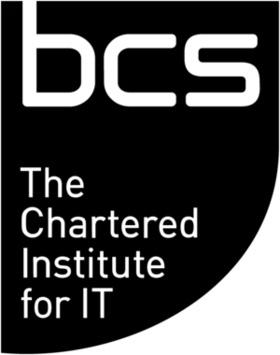The Practitioner Certificate in Modelling Business Processes is designed for professionals who want to develop expertise in modelling, analysing, and improving business processes. This certification provides essential skills for identifying inefficiencies, optimising workflows, and supporting business transformation initiatives.
This course will help you to:
Gain a structured understanding of business process modelling techniques
Learn how to identify, document, and analyse business processes at different levels
Develop skills in improving business efficiency and managing process change
Understand how to use business process models to drive organisational improvement
Prepare for the BCS Practitioner Certificate in Modelling Business Processes exam
Inclusions
Online self-paced course materials
Modelling Business Processes exam voucher
Examination
The Modelling Business Processes Exam is an online proctored exam through BCS. It is a 60-minute closed book exam, with 40 multiple-choice and multiple-response questions, and a pass mark of 26/40 (65%). A practice exam paper in a digital format is provided in the course to assist in preparation.
It is highly recommended that you spend some additional time reviewing and consolidating what you’ve learned, to be well prepared for the exam.

